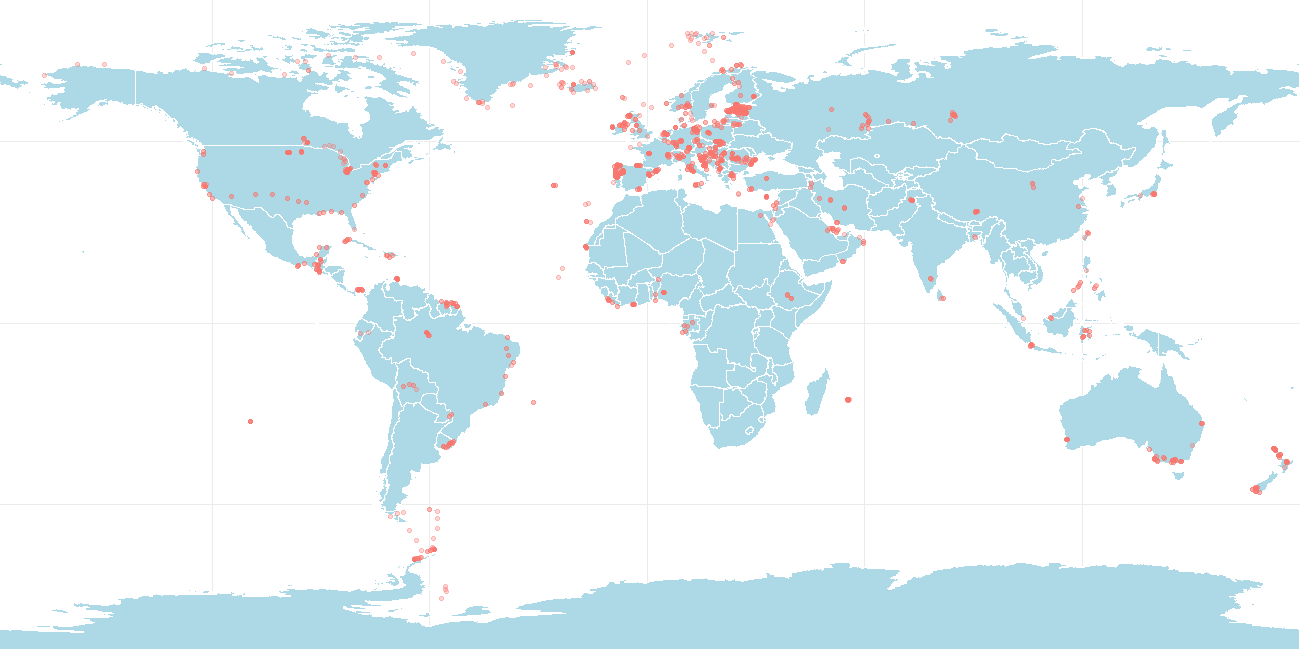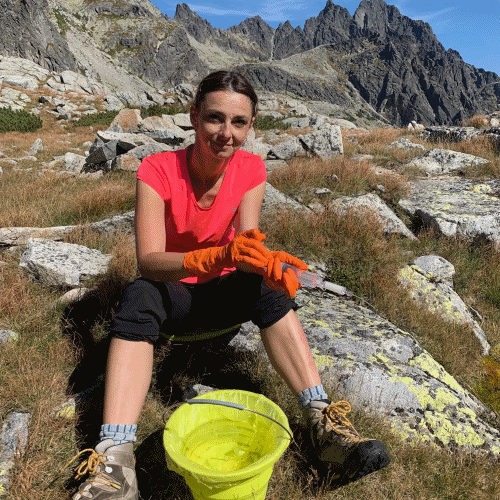
About the project

Fungal diversity in aquatic environments has received limited attention compared to their terrestrial counterparts, with aquatic fungi often overlooked in terms of research on their diversity and ecological functions. To address this knowledge gap, the University of Tartu and the Estonian University of Life Sciences established the FunAqua project to investigate and document fungal diversity in water bodies globally. Fungi play key roles in decomposition, plant nutrition, and plant damage in terrestrial ecosystems, and recent molecular research indicates that fungi with yeast-like, flagellate, and filamentous cell forms are sometimes dominant in aquatic habitats. These fungi, including Chytridiomycota and Rozellomycota, act as pathogens and decomposers of organic material. Despite some documentation of fungal diversity in specific aquatic ecosystems worldwide, differences in sampling methods and molecular identification tools have hindered comprehensive conclusions about dominant fungal groups and overall diversity. The FunAqua project seeks to overcome these limitations by documenting the drivers of global aquatic fungal diversity and determining the breadth of aquatic fungi niches, locally and globally, in relation to soil and leaves.




